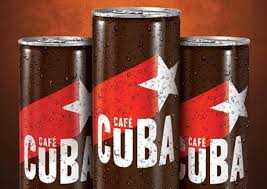By Carolyn Heneghan*
Dive Brief:
Cuba offers U.S. food and beverage manufacturers opportunities for sourcing organic ingredients from a nearby economy. The country’s farmers have not used chemical fertilizers or pesticides since the early 1990s.
Coca-Cola’s Honest Tea and Global Organics are among those traveling to Cuba in May with Rep. Chellie Pingree (D-ME) to learn how they can work with the farmers and import organic ingredients.
However, before such relationships can be established, Congress must agree to lift the Cuban embargo. The country’s infrastructure, particularly its roads and ports system, would need to be updated to facilitate moving crops from the fields to the U.S.; products would need to pass U.S. food safety and pest inspections; and Cuban farms would need to go through the USDA organic certification process.
Dive Insight:
In 2014, organic product sales hovered around $39 billion in the U.S., an 11% increase year over year, equal to about 5% of food sales overall, according to the Organic Trade Association. Imports are necessary to support that growth because organic farms make up less than 1% of acreage in the U.S.
Some companies are looking to domestic farms to source organic ingredients. General Mills recently announced that it would double its organic acreage sourcing by 2019. But more than likely, those ingredients will continue to come from international sources, and Cuba holds promise.
Cuba presents unique opportunities because its varied climates enable farmers to grow a wide range of products. Cuba’s nearby location also means faster arrival in the U.S., which can cut down shipping costs and waste.
Organic meat processors could save on feed costs if they can source organic corn and soy from Cuba for animal feed.
















